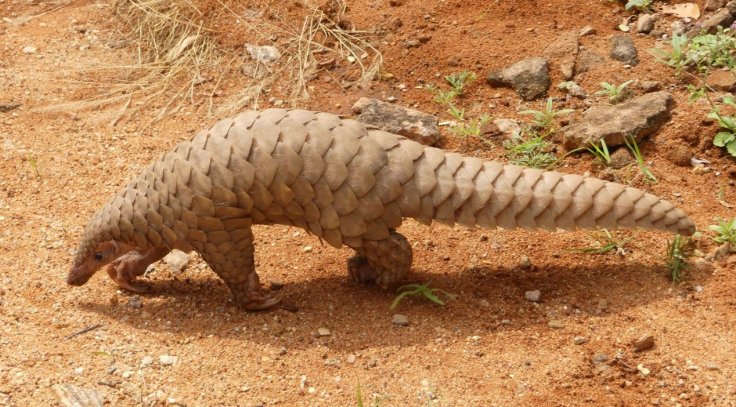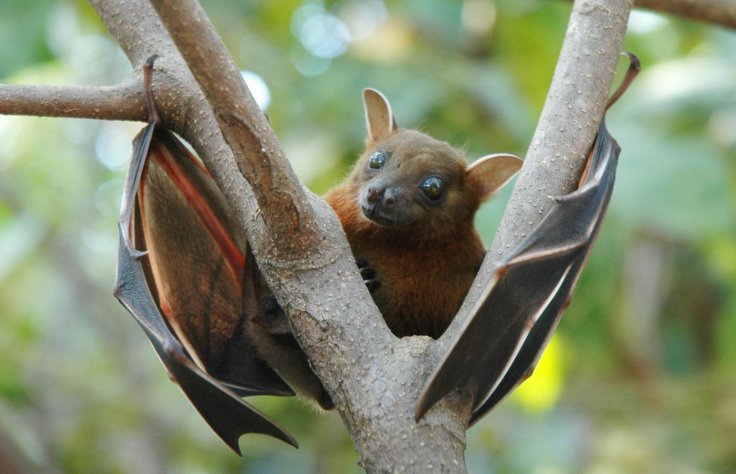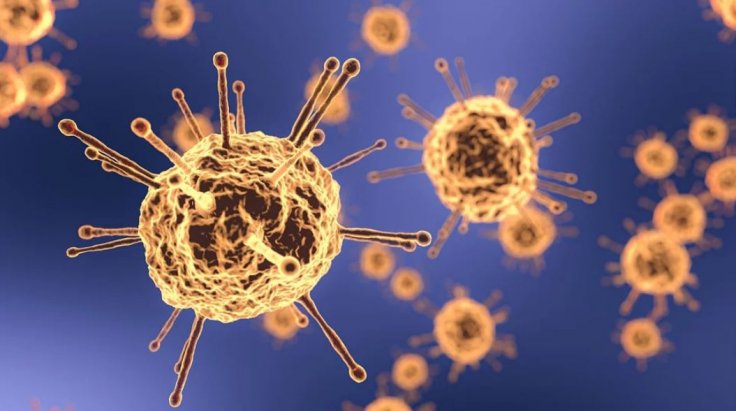Pangolins have been under the spotlight after being touted as the possible intermediate hosts that transmitted the deadly novel coronavirus to human beings. A new study finds that two virus-sensing genes that trigger immune responses in most mammals are absent in the scaly creature, and may possibly play a role in providing it protection against coronaviruses.
According to researchers from the Medical University of Vienna, an unknown mechanism in the animal seems to offer tolerance towards coronaviruses, despite being their carrier. This suggests that pangolins have an evolutionary advantage against these pathogens.
"Our work shows that pangolins have survived through millions of years of evolution without a type of antiviral defense that is used by all other mammals," said Dr. Leopold Eckhart, co-author of the study, in a statement.

Absence of two key genes
Genes associated with the initiation of an immune response play a key role in helping the body mount defenses in most mammals including human beings. However, after studying RNA sensor genes in three species of pangolins, two genes— IFIH1 and ZBP1—were found to be inactivated and lost through evolutionary mutations.
Evolving to tolerate viruses than resist them
The absence of two key genes likely causes the innate immune response in pangolins to differ significantly in comparison to other mammals. It is possible that their immune response, much like bats—the supposed hosts of SARS-CoV-2—may have evolved to tolerate than resist the coronaviruses present in their systems.
Citing the example of bats, the authors explain that RNA sensor genes are still retained by bats. However, their bodies exhibit a muffled antiviral response against viruses. This indicates that bats evolved to counter the evolutionary pressure from viruses by reducing the inflammatory response and amplifying tolerance towards them.

"We put forward the hypothesis that loss of IFIH1 and ZBP1 provided an evolutionary advantage by reducing inflammation-induced damage to host tissues and thereby contributed to a switch from resistance to tolerance of viral infections in pangolins," the authors wrote.
Insight into the treatment of COVID-19
A common complication among patients infected with COVID-19 is a sudden immunological aberration known as a 'cytokine storm'. Cytokines are signaling proteins that regulate the immune system by attracting immune cells to the site of infection. This signaling process is impaired and a haywire response of the immune system or a 'cytokine storm', damages healthy tissues. The authors opine that understanding the immune response of pangolins may offer essential insights into treatment for COVID-19.

According to the researchers, suppressing these signaling genes pharmaceutically may serve as a potential treatment option in severe novel coronavirus cases. "An overactivated immune system can be moderated by reducing the intensity or by changing the timing of the defense reaction," said Eckhart. He, however, warned that such repression of the immune system may leave the body vulnerable to secondary infections.
While the study sheds light on the genetic variation between pangolins and other mammalians, the impact of these variations on antiviral response is yet to be investigated. Other genes such as RIG-I also play a role in response to viruses. Therefore, the pangolin's immune system demands further study the authors aver.









